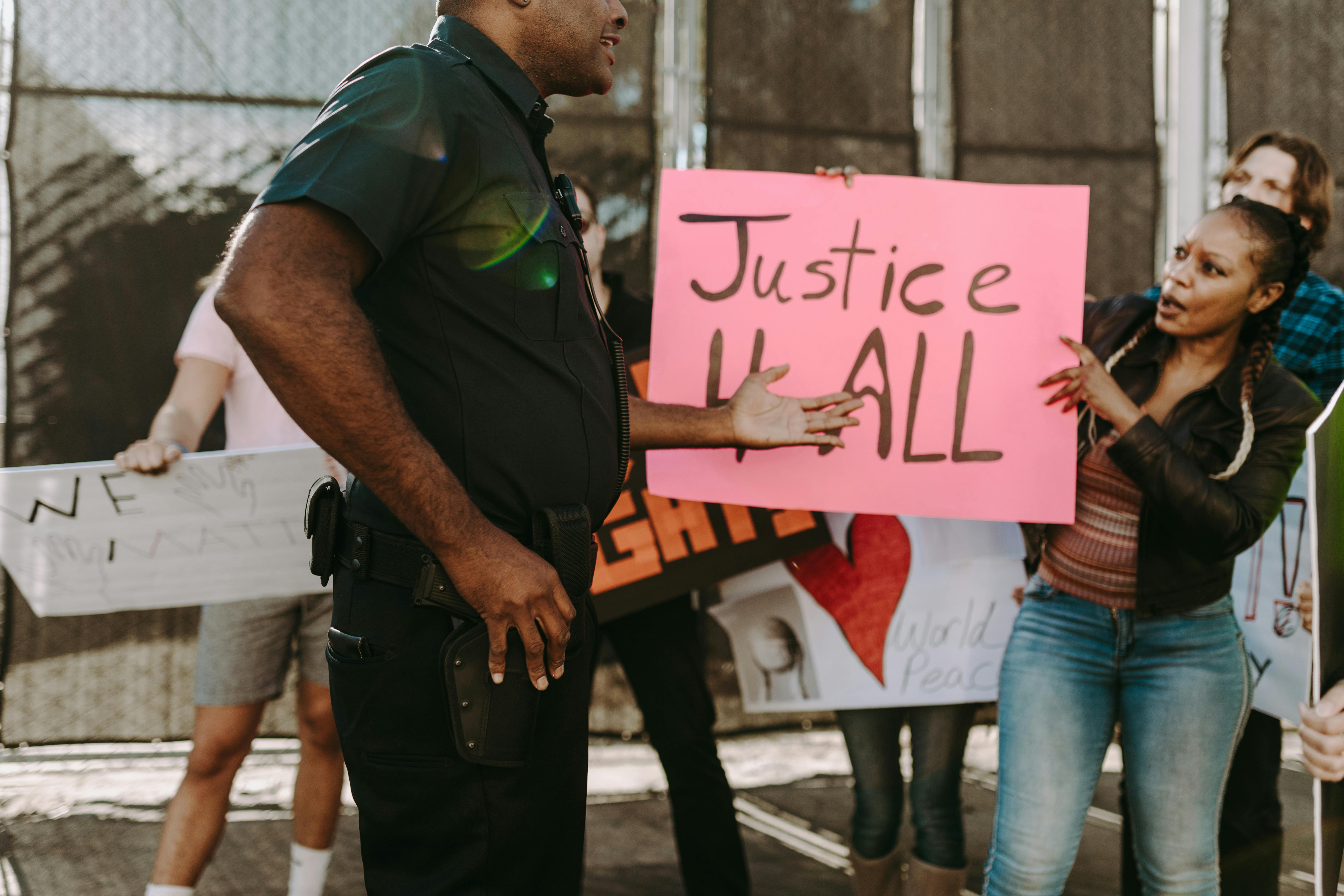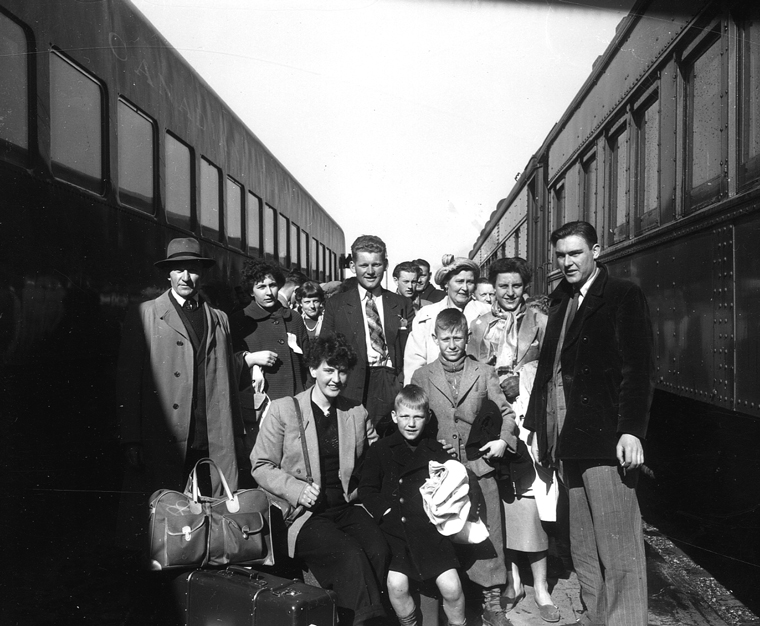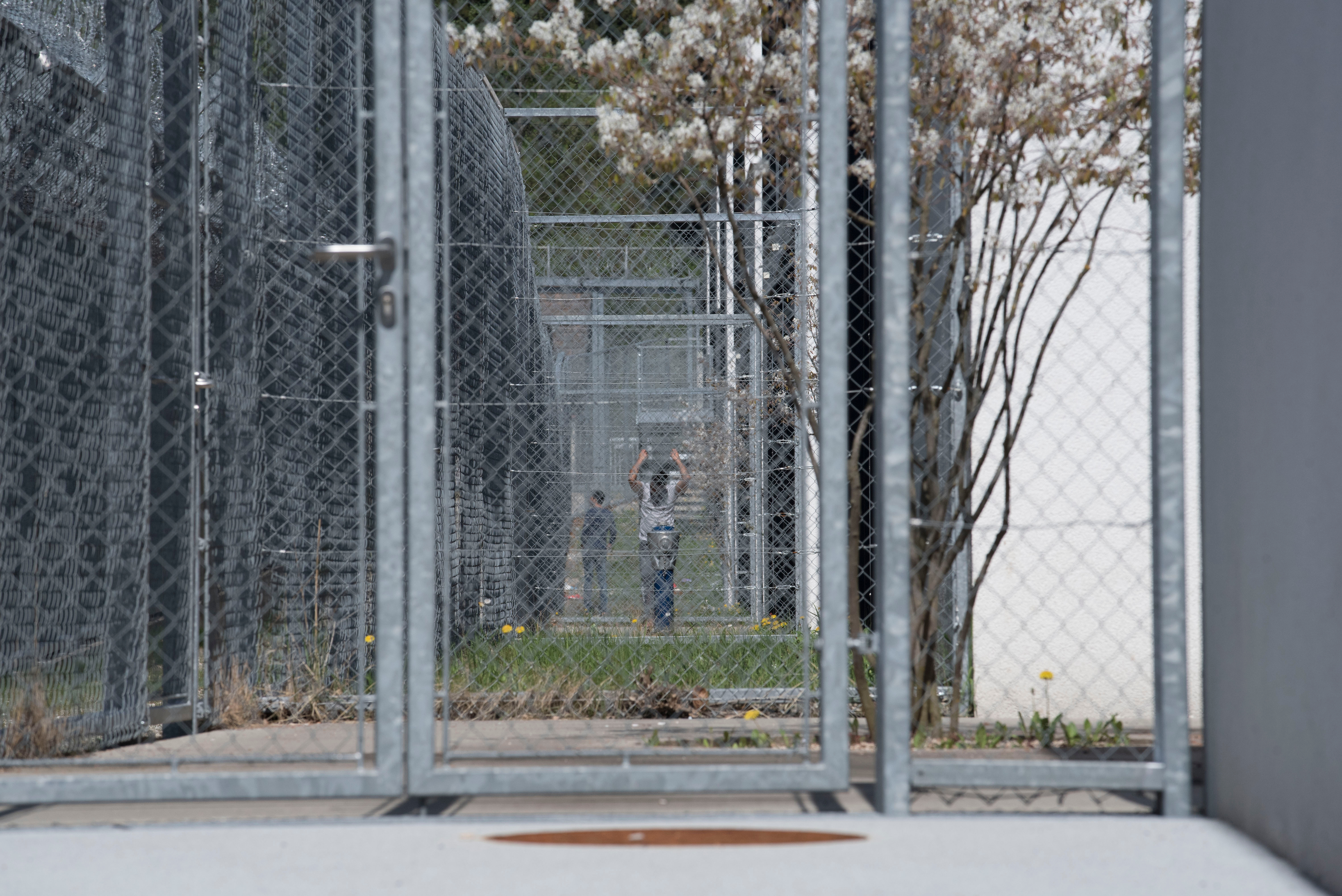My work is tracing where that pastoral impulse to care is, not only for the members of a community but also for distant others.
State power and migration control
Professor of Law
- State power isn't just punitive; it also involves humanitarian impulses that shape law and policy.
- Migration controls today originate in colonial practices aimed at restricting black and brown populations, embedding race into modern migration policies.
- Citizenship increasingly functions as a privilege rather than a right, marked by restrictive criteria that reinforce racial and social boundaries.
- Communities globally, especially in the Global South, demonstrate ways of including migrants without relying on formal citizenship, emphasizing coexistence and local inclusion strategies.
Humanitarianism or state power
My work on humanitarianism is a discomfort I have felt for a number of years in relation to the literature on criminalization and criminology and, more generally, about seeing state power as an oppressive, as a controlling, as a punitive power. My work, both in terms of tracing humanitarianism within law and policy, but also within practices, is retrieving a different rationale or a different affective economy that underpins state power.

© Pexels
The duality of state power
We can trace those perhaps contradictory logics and economies in the work of Michel Foucault, his work in relation to discipline and the prison but also on pastoral power and governmentality. He traces the religious pastoral power that was very much the foundation of European societies and how the modern state has absorbed those pastoral mandates through, for instance, the creation of a range of welfare institutions.

© Pexels
That impulse to care that I'm talking about, we can trace it to humanitarian policies at the top level of law and policies, international relationships, but also we can trace it back to the everyday work of officers – for instance, asylum officers.
Colonial roots of migration control
It is very difficult not to go back to history in terms of the very foundations of migration control in the early 20th century, both in the UK and in white settler colonial societies such as Australia, South Africa and Canada, whereby migration controls and passport controls very much functioned and were established to prevent black and brown colonial people from migrating to these places.

© Galt Museum & Archives on The Commons
It is really very difficult to separate how the transition of the UK as a colonial power into a nation-state has been, in part, where immigration controls have been a crucial aspect of that transition.
Race entangled with migration
With that colonial foundation of migration controls, the question of race is obviously quite important. I think the most important implication of that intersection between migration and decolonisation and the demise of the British Empire is the range of laws that, without being racially explicit, have systematically prevented or set limits on black and brown people migrating to Britain – and how race has been entangled with questions of migration. We can see that entanglement in the everyday exercise of migration control in the contemporary context.
Who is a citizen?
The increased impetus of states, particularly in the north, to control migration has had an impact on the status of citizenship as a privilege – not as a right but as a privilege and duty of those potential citizens. Citizenship regimes have become increasingly more restrictive, with conditions such as language and civic tests, which have implications in the bordering of citizenship. The idea of who is a citizen and who is not is something that, in countries such as the UK, other European countries, former colonial countries, has further resonance and links back to questions of race, questions of belonging. When we think about citizenship and foreignness, we think about this clear line separating those concepts.

© UKinUSA
Race and citizenship
What we forget is that citizenship is not just a formal status. It is not just a legal status. It also has a social aspect. In many ways, the increase of restrictions on migration and the increased impetus to police migration interrogate that clear line, that clear boundary of citizenship.

© Pexels
Migration controls are often enforced on racialized migrants, so we can see how the connections between questions of belonging, race and citizenship are so close and cannot be considered in the abstract. We need to explore how, in concrete terms, they are empirically related.
Inclusion beyond citizenship
Because citizenship is a way of enforcing an exclusionary order, a border order, and because in the context of increased human mobility and increased polarization of wealth, it is a tool of control, of subordination, I think there is significant work happening on the ground to question these ideas of citizenship as the only mechanism to access rights. We are seeing formal and informal ways of inclusion that do not rely on formal citizenship status to provide basic services and basic rights for people without documents.

© Pexels
We are seeing that in certain local spaces where municipalities are forging inclusionary policies – for instance, in terms of housing, education and health – because exclusion is not only bad for those excluded but also bad for everyone.
Doing things differently?
We have been talking a lot about Europe. It is important to think a bit beyond Europe and North America, to think about how societies can live otherwise in relation to questions of migration. Latin America, for instance, is a continent that has been quite reluctant to build detention centers for immigration.

© Shutterstock
Some Latin American countries are the most inclusionary countries in terms of access to citizenship. There are experiences in countries, particularly in the Global South, that can illuminate paths to living together in different ways.
Living together

© Pexels
One misconception in relation to citizenship is this idea of citizenship as a closed status that divides people, in terms of status in increasingly cosmopolitan societies. You do not question your neighbor by, or see your neighbor in terms of, citizenship papers. Conviviality and how people live together despite formal categories is an important insight, an important way of thinking beyond these formal categories.
Editor’s note: This article has been faithfully transcribed from the original interview filmed with the author, and carefully edited and proofread. Edit date: 2025
Discover more about
migration control
Aliverti, A. (2013). Crimes of mobility: Criminal law and the regulation of immigration. Routledge.
Aliverti, A. (2021). Policing the borders within: Immigration control, citizenship, and the state. Oxford University Press.
Aliverti, A. (2012). Making people criminal: The role of the criminal law in immigration enforcement. Theoretical Criminology, 16(4), 417–434.
Aliverti, A. (2020). Benevolent policing? Vulnerability and the moral pains of border controls. British Journal of Criminology, 60(5), 1117–1135.
Aliverti, A. (2014). Criminal immigration law and human rights in Europe. In S. Pickering & J. Ham (Eds.). The Routledge handbook on crime and international migration (pp. 193–204). Routledge.